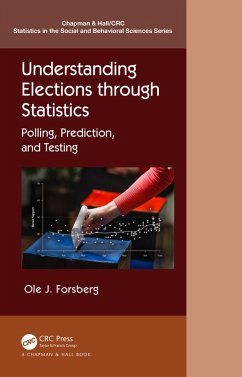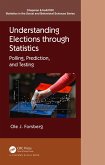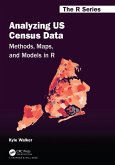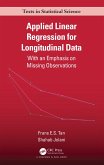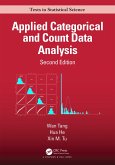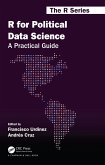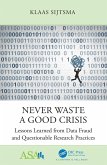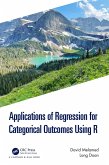Elections are random events. The outcomes of competitive democratic elections are rarely known until election day... or beyond. Elections with Statistics explores this random phenomenon from two points of view: predicting the election outcome using opinion polls and testing the election outcome using government-reported data.
Dieser Download kann aus rechtlichen Gründen nur mit Rechnungsadresse in A, B, BG, CY, CZ, D, DK, EW, E, FIN, F, GR, HR, H, IRL, I, LT, L, LR, M, NL, PL, P, R, S, SLO, SK ausgeliefert werden.

